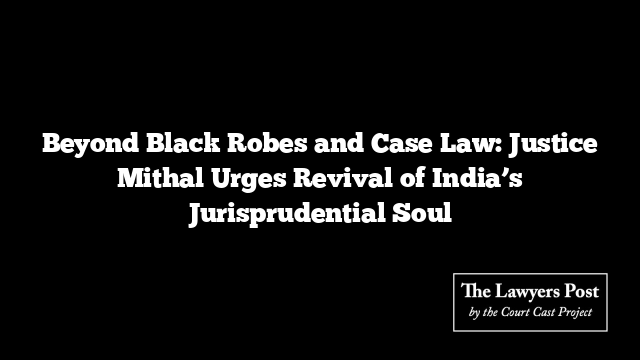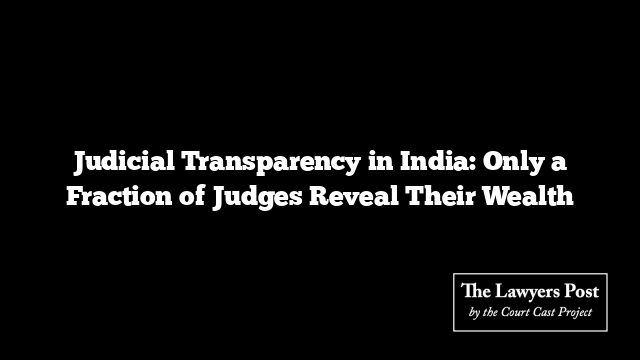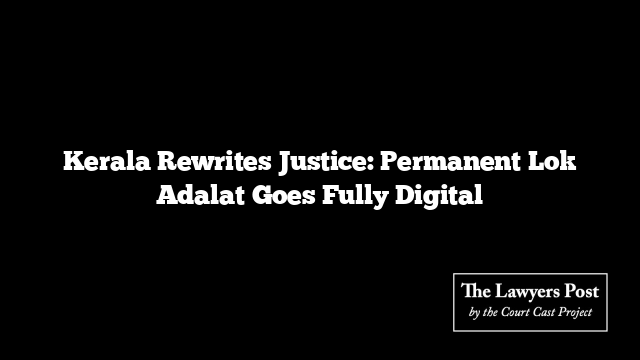In a bold call to reshape India’s legal education, Supreme Court Justice Pankaj Mithal has urged law schools to look beyond casebooks and codes—and reach deep into the civilizational bedrock of Indian thought. According to him, the future of Indian jurisprudence cannot be fully envisioned without a return to its philosophical origins.
Speaking at a conclave commemorating 75 years of the Supreme Court, Justice Mithal proposed a radical shift in legal pedagogy: the formal inclusion of ancient Indian texts such as the Vedas, Upanishads, Smritis, Manusmriti, and Arthashastra into the law school curriculum. “These are not dusty relics of the past,” he asserted. “They are living archives of ideas—on justice, governance, punishment, duty, reconciliation—that demand engagement.”
Far from being a nostalgic throwback, Mithal described the initiative as “rooted innovation.” He called for a course titled Dharma and Indian Legal Thought or Foundations of Indian Jurisprudence to be embedded in every legal program, not merely for textual study, but as a framework to bridge classical Indian wisdom with contemporary constitutional values.
“If Western law students can trace their foundations through Roman law and Greek philosophy, why should Indian students remain strangers to the voices of Yajnavalkya, Kautilya, Manu, and Ashoka?” he asked. “This is how we cultivate a truly Indian jurisprudential imagination.”
Justice Mithal argued that Indian legal principles such as Samatva—the ancient idea of equality—should be studied alongside Article 14 of the Constitution. Environmental law, he said, should not just be seen through legislative acts but through the Vedic reverence for Prakriti. Concepts like constitutional morality must be recognized as modern expressions of the ancient ideal of Rajadharma.
He envisioned a new generation of legal minds—judges, lawyers, scholars—who interpret the Constitution not as a borrowed framework, but as a vibrant continuation of India’s long-standing moral and political traditions.
“In the end,” he concluded, “the court’s task is not just to interpret law—it is to ensure that justice, rooted in dharma, prevails over the temptations of power and political expediency.”





